The high cost of fuel subsidy and maintenance of non-functioning crude oil refineries in recent times has further reinforced our long-standing call for the deregulation of the downstream sector and privatization of the refineries.
Data from the Nigerian National Petroleum Company Limited (NNPC) revealed that the total amount spent as subsidy on Premium Motor Spirit, popularly called petrol, and on refinery rehabilitation between January and May this year was N1.301tn.
Based on the report, the bulk of the spending was on petrol subsidy, as it consumed N1.274tn during the five-month period, while for refinery rehabilitation, NNPC spent N9.11bn in each of the months of January, March and April, amounting to N27.33bn.
An analysis of NNPC’s monthly fuel subsidy cost indicated a continuous rise in the amount incurred as subsidy by the Federal Government through NNPC. Data from the national oil company showed that N210.38bn, N219.78bn, N245.77bn, N271.59bn and N327.1bn were spent on subsidies in January, February, March, April and May 2022 respectively.
The subsidies, referred to as under-recovery/value shortfall are usually deducted every month before making any remittance to FAAC, a development that has stopped NNPC from remitting anything to the Federation Account this year. The report also revealed that the year-to-date average daily consumption of petrol in Nigeria is 66.8 million litres, implying the Federal Government spends c.N40.1bn daily subsidising every litre of petrol consumed in Nigeria by at least N600.
While being mindful of the heightened cost of living, with inflation at 17.71%, we are concerned that the Federal Government lacks the capacity to continue funding the skyrocketing cost of subsidy and the continuous turnaround maintenance of practically nonexistent refineries. With a total installed capacity of 650,000bpd from Dangote Refinery, the local refining capacity will more than offset local consumption currently estimated at 593,000 bpd as of April 2022.
This, will among other benefits, reduce the pressure on the local currency as the government will not have needs for dollars to import PMS (N4.56trn was expended on importation for Motor Spirit as of December 2021). Also, the apparent lack of transparency and incessant corruption in the administration of petrol subsidy and refineries will fizzle. However, the government may embark on a gradual removal of subsidy considering the expected mass backlash from the public in the face of the already biting
economic hardship.
The country is at a crossroad, and we believe the subject of subsidy will be the starting point for the incoming administration. It is not hearsay that Nigeria has not derived what it should from the current high crude oil prices, rather rising crude oil prices are posing significant fiscal challenges to our economy. The perennial issues limiting production amidst increasing subsidy payments (with increasing global PMS prices) means we are better off with lower oil prices.
We understand that the elimination of subsidies is a politically sensitive discourse which many administrations do not want to address to avoid backlash from an already impoverished populace, however, the current fiscal challenges facing the country leaves the government little or no choice.
CSL Stockbrokers Limited, Lagos (CSLS) is a wholly owned subsidiary of FCMB Group Plc and is regulated by the Securities and Exchange Commission, Nigeria. CSLS is a member of the Nigerian Stock Exchange.

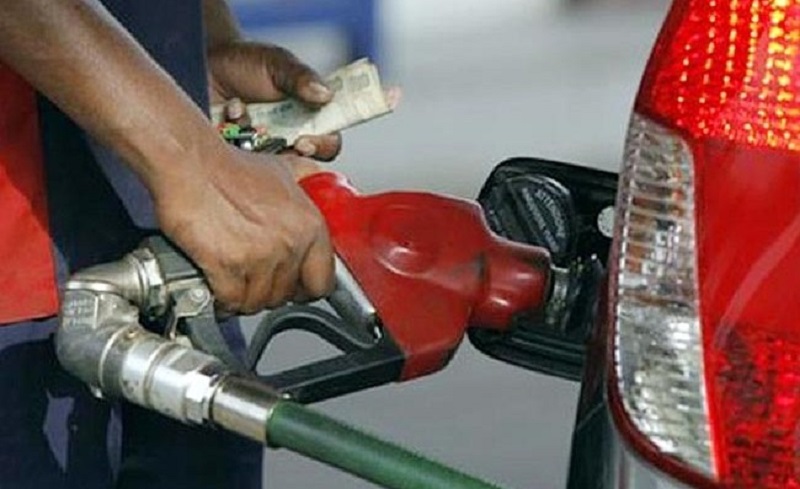






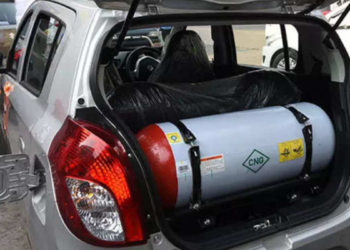
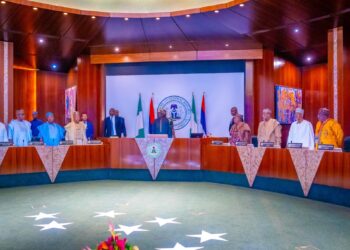
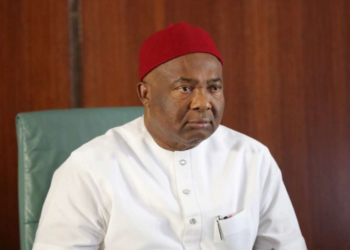
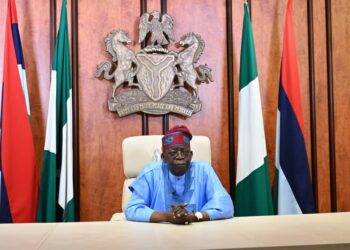
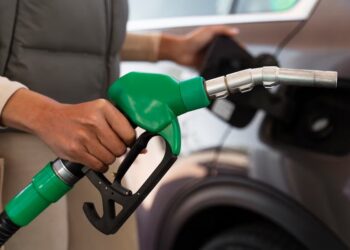










In hindsight, what was world bank’s position and recommendations in containing the impact of subsidy removal considering the fact that “over 90% of the nation’s revenue” is spent on the subsidy removal? How does it impact on the implementation of the “proposed unique identity based service deployment for residence, visitors and indigens of states”?